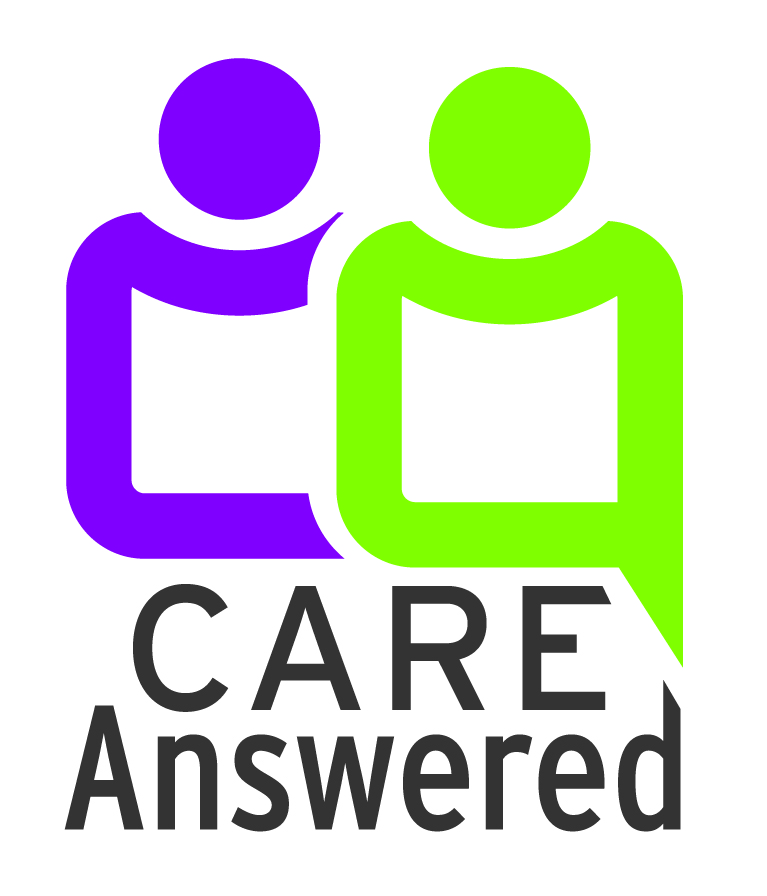Many of us feel that we would like a break from hearing anything more about Covid-19. While that is understandable, I’d like to address an aspect of this pandemic that has not received as much attention as it deserves and may affect you and your loved ones.
In the United States, there have been 49.5 million cases of Covid-19 since March 2020, and 792,000 deaths. These statistics, while somber, fail to capture the full picture of the damage Covid-19 can cause. Even with nearly two years of experience with this virus, physicians and scientists are still working to understand the phenomenon known as Long Covid, a syndrome that can cause a range of troubling symptoms weeks to months after an initial Covid-19 infection. Care Answered has clients struggling with Long Covid and it can be debilitating, especially when you feel alone and without answers. Know that you are not alone.
Many people who are diagnosed with Covid-19 recover within weeks. However, even in cases where people have a mild case of Covid-19 or not even aware they had Covid-19, experiencing few or no symptoms, there can be a range of issues that appear four or more weeks later. These can include headaches, fatigue, cough, chest pain, difficulty breathing, trouble concentrating, heart palpitations, fever, joint and muscle pain, diarrhea, stomach pain, loss of sense of taste or smell, among many others.
Long Covid doesn’t only affect adults. Adults and some children may be impacted by a rare condition known as multisystem inflammatory syndrome (MIS). This is a serious illness that causes inflammation in various organ systems such as the heart, lungs, kidneys, brain, eyes, skin or stomach and gastrointestinal system.
In July 2021, Long Covid became classified as a disability, and, depending upon the severity of their symptoms, those affected may be covered by the Americans with Disability Act. This provides them with certain accommodations when dealing with businesses or the government. There are also Post-Covid care centers and clinics throughout the US. Please search on the Internet to find one near you if you feel this care could assist you.
The best way to prevent Long Covid is to avoid becoming infected with Covid-19, and the most effective way to do this is to get vaccinated. The Centers for Disease Control and Prevention (CDC) now recommends that all adults receive a two-dose mRNA vaccine made by Pfizer or Moderna, as well as a booster shot six months after their second dose. Children aged 5 and up are also eligible for Covid-19 vaccines. Because no vaccine is 100% effective, it is also recommended that people wear a mask when indoors in areas with high Covid-19 rates. Hand-washing and maintaining distance from others are also recommended.
Vaccines are available and are free of charge to everyone who wants to receive one, regardless of health insurance or immigration status. Many doctors’ offices, pharmacies and clinics offer Covid-19 vaccines. For help finding a vaccine provider near you, visit vaccines.gov.
To learn more about Long Covid, visit the CDC’s website. Speak with your healthcare provider if you have questions about your own health, including questions about symptoms that linger after a diagnosis of Covid-19, or questions about whether you should be vaccinated.
Lastly, feel free to contact us for any questions about healthcare advocacy, your rights as a patient, and assistance with navigating the healthcare system. We are here to help!

